As fun as puppies prove, one inevitable yet painful behavior emerges early: How to stop puppy biting. Those razor sharp teeth wreak havoc on hands, shoes and pants legs. All puppies nip and mouth as they play with littermates. When adopted young without this key socialization, controlling biting requires effort. But curbing nips using positive reinforcement sets the foundation for safe behaviors as adult dogs.
This guide covers how to stop puppies from biting using proven distraction, redirection and reward-based training techniques. Read on for tips to survive the landshark phase!
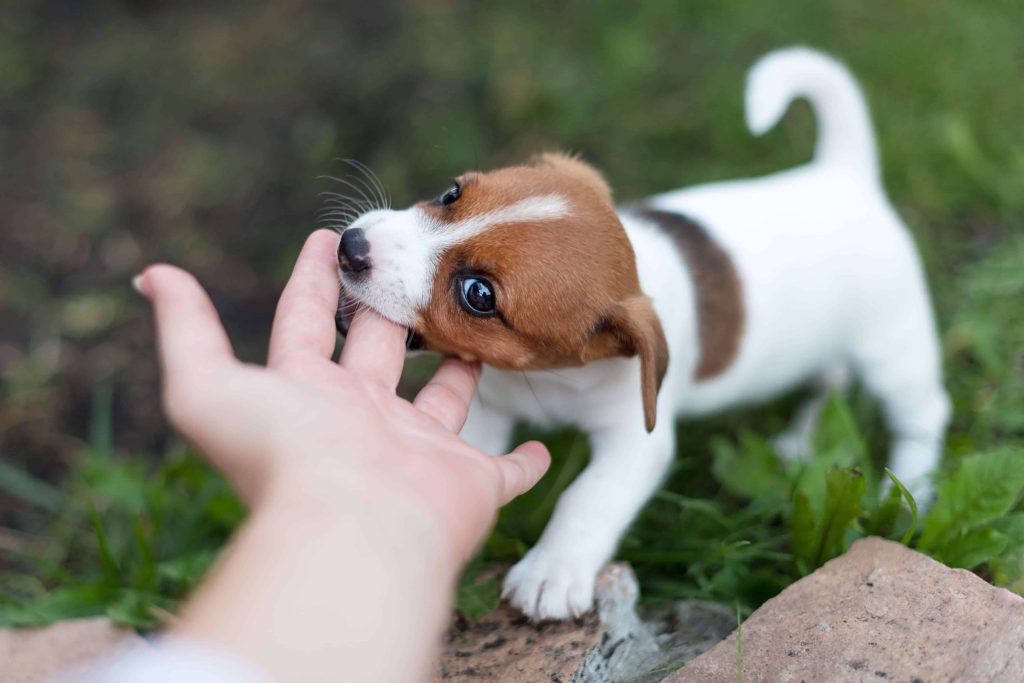
Understanding Normal Puppy Biting Behavior
First, know that playful puppy nipping doesn’t necessarily signal aggression problems down the road. It’s completely normal, natural dog behavior, especially for mouthy retriever, herding and hunting type breeds. Pups bite everything as they explore the world during crucial developmental weeks.
However, allowing overly aggressive biting and mouthing to continue can lead to serious issues. Intervening early and consistently to shape gentle behaviors prevents problems.
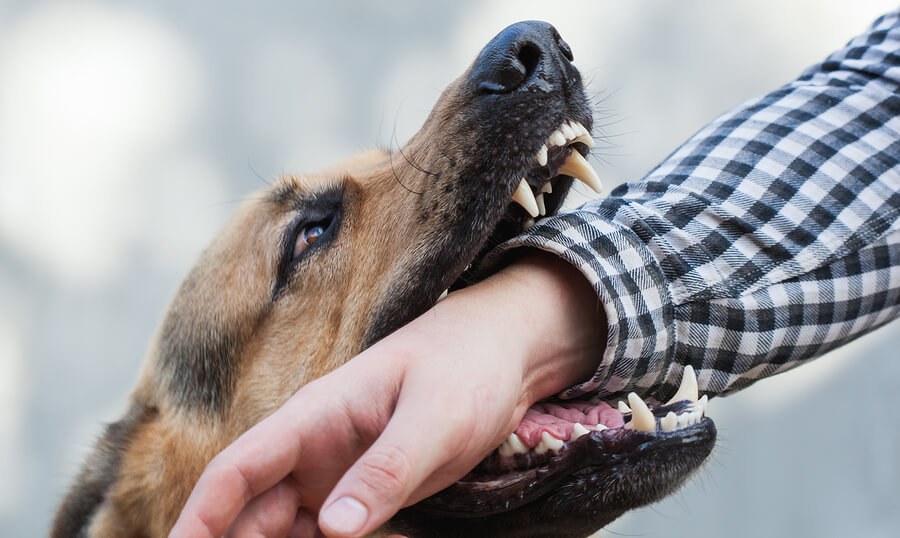
Why Do Puppies Bite So Much?
Pups have several key reasons behind why they display frequent, aggressive biting:
Teething – Sore, inflamed gums from emerging new teeth feel better when gnawing and chewing. This peaks around 16-20 weeks old.
Socialization – Littermates teach bite inhibition basics. Adopted young, human guidance replaces this education.
Curiosity – Puppy biting allows interesting taste and texture investigation through mouth contact.
Attention-Seeking – Any interaction with people provides mental stimulation for bored pups. Even scolding can reward nips.
Herding Dogs – Hardwired instinct to control stock through nipping remains unfulfilled without appropriate outlets.
Knowing the “why’s” behind chomping helps determine techniques to curb bites.
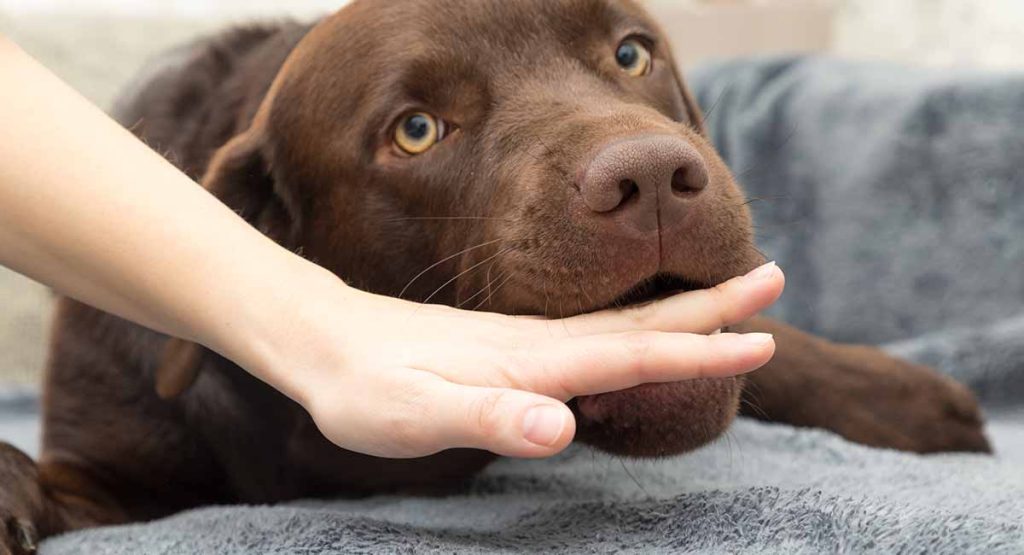
How to Stop Puppies From Biting
Patience and diligently redirecting your landshark’s razor teeth to proper chew toys is key to curbing biting during teething months. Follow these tips to survive while correcting the behavior:
Start Training Early
Begin yipping “ouch” whenever sharp teeth meet skin. This mimics littermates’ cues that bites hurt. Praise your puppy when teeth disengage. Capture and reward gentle mouthing too.
Redirect, Redirect, Redirect
Keep plush and rope toys handy to stuff into pup’s mouth whenever bites occur. Avoid wrestling and rough play. Praise pup when redirecting to appropriate chew toys instead.
Give (Constructive) Timeouts
If biting continues despite redirections, say “no bite” then transfer to a separate boring area for 30-60 seconds. This social isolation alerts the pup their wild behavior caused loss of fun playtime.
Avoid Physical Punishment
Hitting, shoving fingers down throat or other aversive training tactics cause fear and erode vital bond-building. Always stick to positive reinforcement and redirection.
Enrich Their Environment
Provide plenty of stimulating, rotating toys so boredom never provokes biting. Food puzzles, lick mats and safe chews like frozen carrots also occupy idle pups.
Consistency remains key! It takes 4-5 months of diligent training for pups to reliably curb biting. Stick to it!

Does Biting Indicate Aggression?
While puppy biting seems aggressive, most types of nipping do not actually signal temperament issues. However, contexts matter. Analyze scenarios surrounding the bite before deciding next steps:
- Play Biting – Usually not aggressive. Part of normal investigative puppy development. Requires patient redirects and training.
- Fear Biting – Defensive bites when frightened. Needs counterconditioning to boost confidence.
- Possessive Biting – Resource guarding over food bowls, toys, spaces. Use trading games to overcome.
- Provoked Biting – Bites when annoyed by kids, grooming or other handling. Work on desensitization.
- Predatory Biting – Bites that seem intensely chase-driven. Could indicate high prey drive needing control.
Seeking guidance from accredited trainers helps assess biting cases with unknown origin or that resist improvement via standard training.
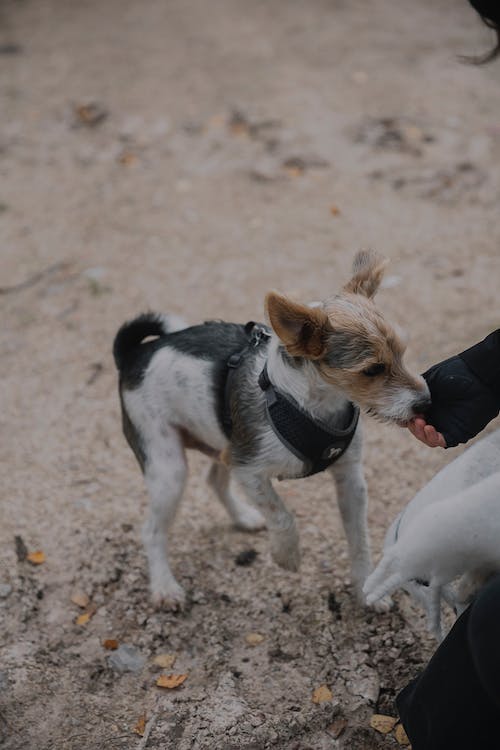
Teaching Bite Inhibition
Learning to moderate jaw pressure represents an important developmental stage called bite inhibition. Pups Missing mother and sibling guidance requires humans to guide this education.
Bite Inhibition Training Tips
- Reward gentle mouthing/licking, not bites during play
- Use yipping “ouch” sounds to signal pain
- Trade chew toys WHEN teeth touch skin
- Avoid physical discipline that could elicit more biting
With client handling, “ouch” vocal cues and chew swaps, pups learn to curb jaw pressure to keep interactions fun and avoid future bite-related issues.
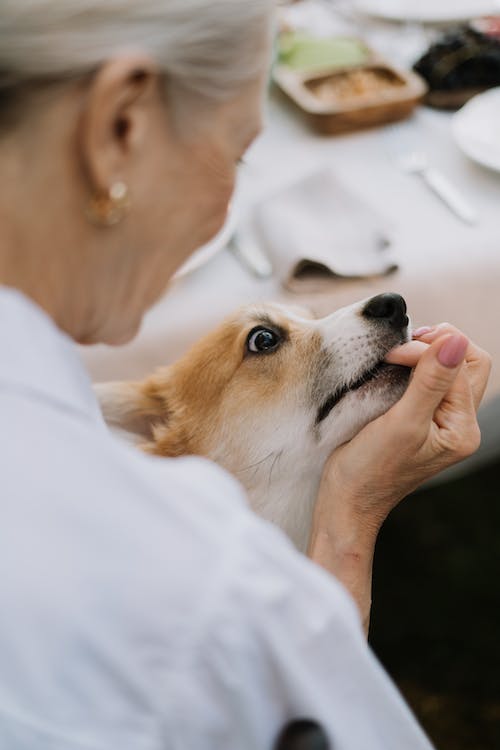
When to Get Help With Puppy Biting
Seeking professional assistance makes sense if:
- Biting frequency or intensity increases despite consistent training efforts
- Bites seem highly impulsive or prey driven
- Biting occurs alongside currently unaddressed anxiety
- Children reside in the home adding safety risks
Reputable trainers with behavior backgrounds can evaluate root causes of ongoing biting while collaborating on solutions using force-free methodologies.
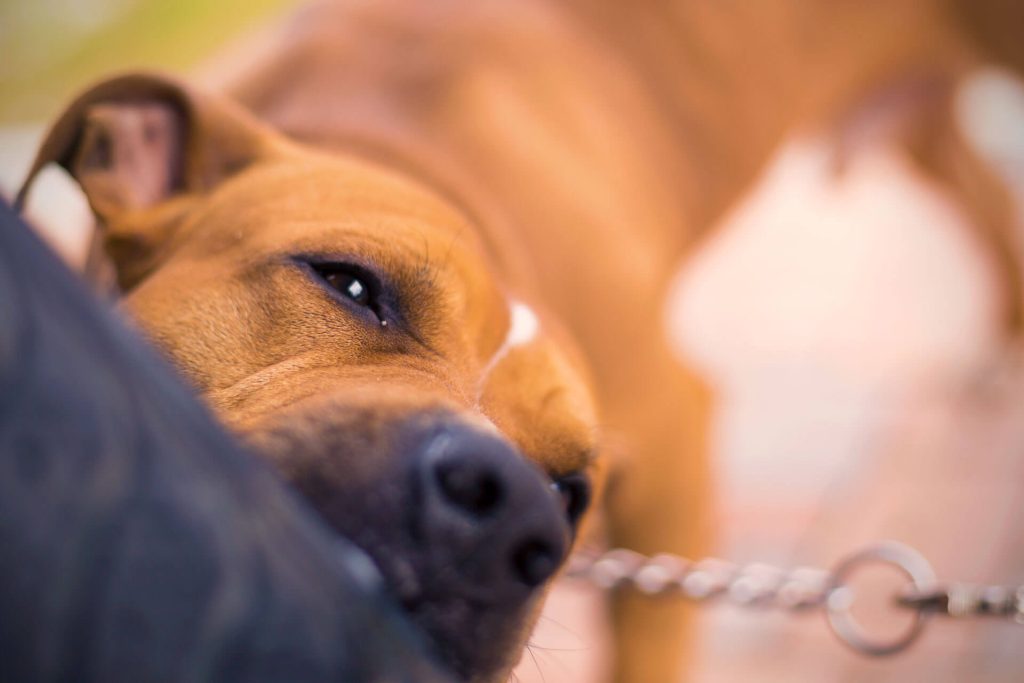
Puppy Biting Q&A
Still have additional questions about curbing your nippy young pup’s gnarly biting habits? See below for answers to common concerns:
Q: Should I let my puppy nibble on me?
A: It’s better not to. This sends mixed messages. Always redirect to appropriate chews. With training, mouthing humans should stop by 6 months old.
Q: Will my puppy grow out of biting?
A: Without actively training bite inhibition, biting cannot be expected to resolve on its own as pups mature. Biting diminishes through 6-9 months old with diligent redirection and rewards.
In summary, endure the land shark phase through patience, consistency and force-free training. Surviving puppy biting unlocks years of fun with a loving, gentle companion boasting stellar bite inhibition control.



